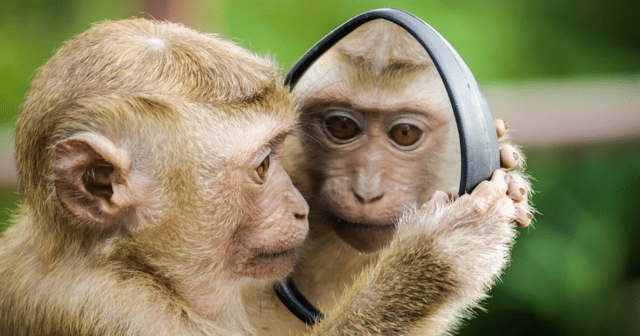The Blame Game is a common habit in our divided society. When we see ourselves in the wrong light, it is easy to point the finger. But who do we blame? We are our own worst critic. If we aren't doing our best, we will blame other people and other things. We must first look in the mirror and acknowledge our own shortcomings. Then, we must take responsibility for our actions and reactions.

When mistakes occur, people often play the blame game. This is a self-defeating pattern because it is easy to shift blame to others, instead of addressing the real problem. Most leaders are resistant to breaking the blame habit. They feel that accepting responsibility is too difficult, and they want to avoid being seen as weak. However, pointing fingers is far easier than dealing with the bigger issues. The blame game may even be subtle or be used to marginalize other members of the group.
Putting blame on others for our mistakes is a self-defeating strategy. It keeps us stuck, unable to change our behavior, and prone to self-righteousness. In addition, it does not lead to any positive change. If you are looking to change, take a look in the mirror and examine your behaviour. This self-introspection is crucial. So, let's take a look in the mirror to find the answers we're looking for.
The blame game shapes people's worldview. People who play the blame game are perpetually preoccupied with avoiding responsibility and diverting energy from building strong connections. In fact, they are seen as competitors and mistrusted by others, creating self-fulfilling prophecies. This causes them to be less likely to intervene or advocate for others when mistakes happen in the future. But there is another way.
